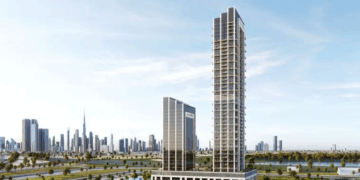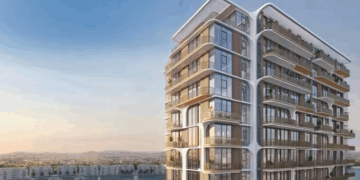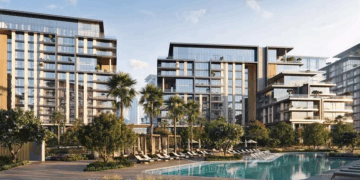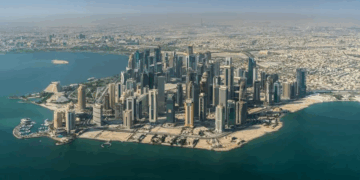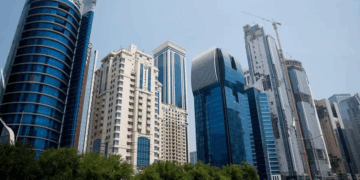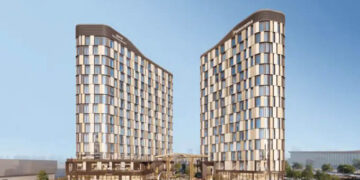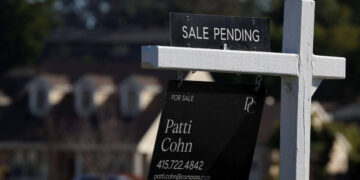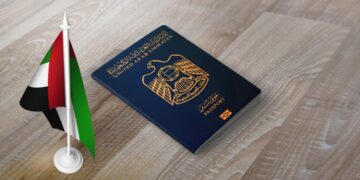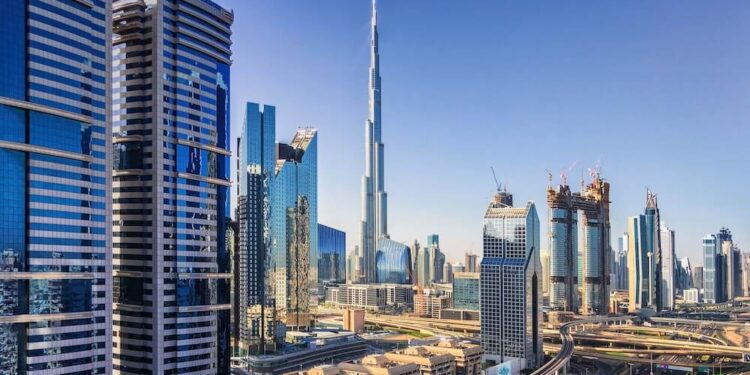Are you considering a move to the UAE? This comprehensive guide will provide you with the necessary tools to help you find your ideal apartment and understand the legal aspects of renting in the country.
Budget and costs: Initial payments and security deposits
After identifying the ideal property, it is important to take into account the initial costs associated with renting, in addition to the yearly rent.
One of these costs includes providing a security deposit to the landlord, typically amounting to five percent of the rent. Additionally, there is a need to cover the expenses related to lease registration. In Dubai, this procedure is known as ‘Ejari’, while in Abu Dhabi, it is referred to as ‘Tawtheeq’. Regardless of the emirate in which you reside, it is essential to register the tenancy contract with the real estate regulatory authority.
Extra costs to budget for
When applying for electricity and water connections, a deposit is required to activate the services with the local electricity and water authority in your emirate.
If your area is serviced by a district cooling company that manages air-conditioning connections or ‘chiller services’, you will need to submit a separate application for that connection.
What does the rent include? (Utilities, maintenance fees, etc.)
When it comes to apartment maintenance, the responsibility typically falls on the landlord to address general wear and tear issues. In some cases, landlords may also cover chiller fees if they advertise the lease as ‘chiller free’. It is important to ensure that the contract clearly states whether district cooling services will be provided free of charge, and if so, for how long. This information will help clarify any potential costs associated with the apartment’s upkeep.
Does one need to pay to use the facilities in the apartment complex or community?
In Dubai, according to Rental Law No. 26 of 2007, the rent includes access to amenities such as swimming pools, playgrounds, gymnasiums, health clubs, car parks, and other facilities, unless stated otherwise. It is important to carefully review the contract to determine which amenities may not be available for use.
Are there any restrictions on subletting?
Yes, you can sublease your apartment, however, it is crucial to obtain written consent from the landlord and refrain from making any alterations to the apartment without their permission.
Furthermore, you have the option to list your apartment as a short-term rental on platforms such as Airbnb. This can be done by obtaining written consent from the landlord and applying for a short-term rental license.
How long is the tenancy period? (Lease term)
The tenancy period usually lasts for one year and is clearly stated in your rental agreement.
How much can the rent increase?
When considering renting an apartment, it is important to anticipate potential increases in expenses. In Dubai, rent hikes are closely monitored and regulated through the rental index. This tool can provide valuable insight into the expected increase at the time of lease renewal. For other emirates, it is advisable to reach out to the local real estate regulatory authority to inquire about any limitations on rent increases. By staying informed and proactive, tenants can better navigate the rental market and make informed decisions regarding their living arrangements.
How much notice is required for a rent increase?
In Dubai, your landlord is required to inform you of any rent increases or changes to the rental agreement at least three months before the expiration of your lease. This advance notice allows you ample time to explore other housing options if the proposed rent hike exceeds your budget.
One wants to move out – what should one do?
Before planning your move, review your tenancy contract to understand the clauses regarding early termination or non-renewal. It is important to be aware of any requirements for notice periods, even if you are moving out at the end of your contract. Additionally, if you are terminating your contract early, you may be required to pay several months’ rent as well.
How does one get one’s security deposit back?
To receive a refund of your security deposit, you must apply for its return. After discussing the matter with both your current and future landlords, you can proceed with planning your next steps.
When terminating your lease, your landlord will cancel the Ejari registration. However, it is your responsibility to deactivate the water and electricity connections at your current residence or transfer them to your new address.
Also Read: Renting in Dubai: Is your house being demolished? After reconstruction, you have the right to return














